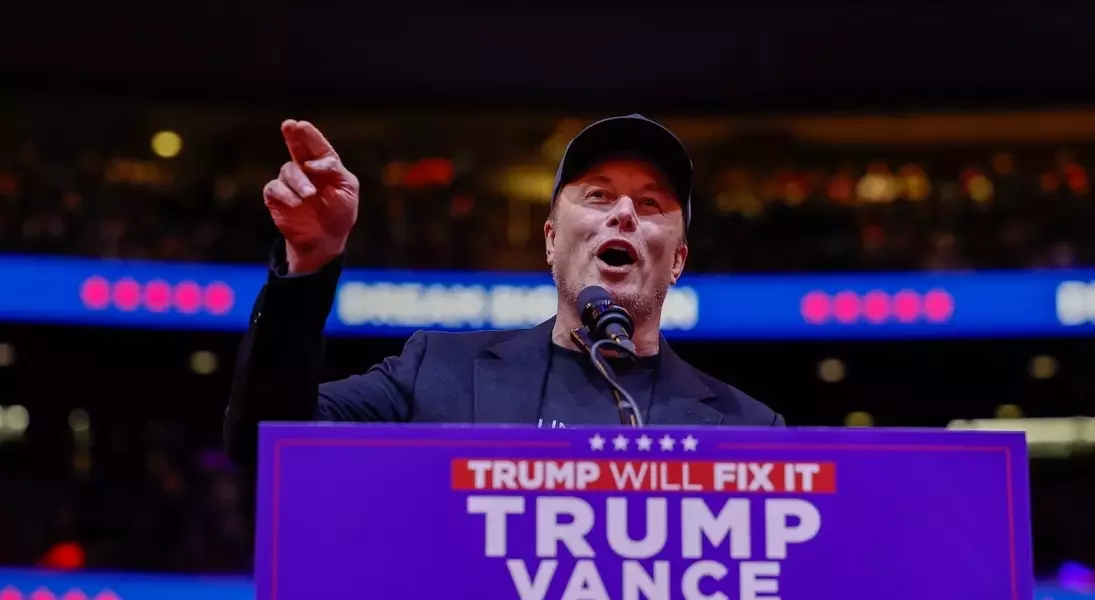
A recent series of events has brought an unusual figure into the heart of American diplomacy. Edward Coristine, known online as "Big Balls," has transitioned from working with tech startups to becoming a senior advisor at the U.S. State Department. This development has raised eyebrows and concerns among officials, especially considering his background and rapid rise through unconventional channels. The 19-year-old software engineer’s journey from Neuralink to DOGE and now to a diplomatic role highlights the unpredictable nature of current political appointments. Questions surrounding his responsibilities and access to sensitive information have left many wondering about the implications for national security.
From Tech Startup to Government Advisor: A Rapid Career Shift
Edward Coristine, a young tech prodigy, has seen a whirlwind career progression that has taken him from the cutting-edge world of tech startups to the corridors of power in Washington D.C. Initially, Coristine worked at Neuralink, Elon Musk's brain-computer interface company, before moving on to DOGE, a controversial government reform initiative led by Musk. His appointment as a senior advisor to the State Department's Bureau of Diplomatic Technology marks a significant leap in his career trajectory. Despite only recently finishing high school, Coristine has been thrust into a position that typically requires years of experience and expertise in international relations.
This unprecedented move has sparked debate and concern within the diplomatic community. Senior officials are puzzled by the decision to grant such a young individual access to critical systems and data. The lack of clarity regarding Coristine's specific duties adds to the unease. While some view this as an innovative approach to integrating fresh talent into government, others see it as a risky experiment that could compromise the integrity of diplomatic operations. The inclusion of another young tech enthusiast, Luke Farritor, further emphasizes the shift towards incorporating younger, less conventional voices into traditionally staid institutions.
Controversial Background Raises Concerns
Coristine's rapid ascent is not without controversy. Reports suggest that his tenure at Path Network, a cybersecurity firm, ended abruptly after an internal investigation into the leaking of proprietary information. Though Coristine maintains he did nothing wrong, the incident raises questions about his judgment and reliability. Additionally, claims that he was once associated with The Com, an online group linked to various criminal activities, add another layer of complexity to his profile. These allegations, while unproven, have fueled concerns about the vetting process for individuals granted access to sensitive government systems.
The integration of Coristine and Farritor into the State Department reflects a broader trend of prioritizing tech-savvy millennials in key roles. However, the speed and manner of their appointments have left many questioning whether proper due diligence was conducted. Critics argue that these moves may undermine established protocols and potentially expose the government to new risks. As more details emerge, the public will undoubtedly scrutinize the rationale behind these unconventional choices and their potential impact on national security and diplomatic effectiveness.
